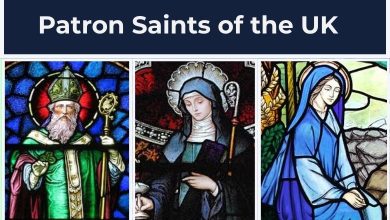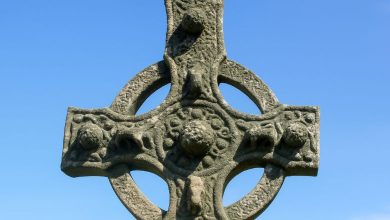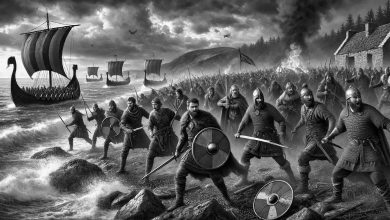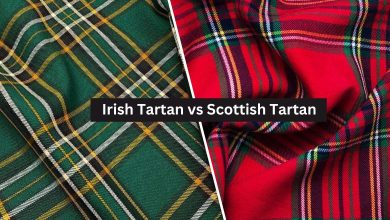The historical significance and influence of the High Kings on Irish clans
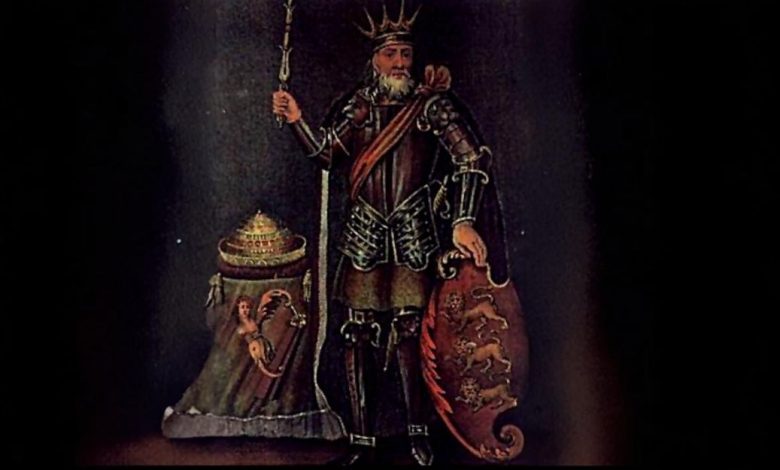
A small area of Ireland is situated in the Highlands, which is why it shares some common entities with Scotland, like clan systems, tartan kilts, and Highland games. Though the clan system there is common, it has a distinctive history in both countries. The High King system of Ireland has been quite popular for hundreds of years but could not continue for a longer time. In this article, we will discuss the history, historical significance, and influence of the high kings in Ireland.
Historical Significance of High Kings
Though their roles were ceremonial, High kings were important in Ireland. They judged and settled disputes, led ceremonies, and sometimes regrouped tribes against threats. The High Kings were a living connection between the people and the land.
Political Power and Allegiance
Though Irish High kings were not directly involved in battles, they owned the political powers to create alliances with others and show loyalty to them in return. They were responsible for gathering tribes from different regions of the country to counter any threat from others like Vikings or Romans.
Warfare and Military Support
The role of kings in military support and warfare was quite significant. They were the backbone of any battle, not by participating in local or external feuds but by strategizing warfare. Like Scots, they followed guerrilla tactics, ambushes, and strategic fortifications. The strategies they used to provide were the final decisions.
Tribute and Economic Influence
Irish people have been involved in trade throughout history. They connected with many countries, such as France, Portugal, and Spain. The Irish political alliance with these countries was the primary ground behind their trade. Undoubtedly, the high kings had an involvement in this political alliance. So, the role of those monarchs was quite prominent in settling the country’s economy.
Law and Order
If a person impacts a country’s ceremonial and political affairs, his prominence in law and order is easy to comprehend. The same was the story of every Irish king. Cormac Mac Airt was One of the earliest kings, who wrote the initial laws of Ireland.
In the same context, let us add something surprising: Fir Bolg did not fight with others for 37 years but with their own tribes and clans. Tailtiu was the wife of the 9th King of Ireland. She solved these disputes as king by making and implementing some laws. Her involvement reveals the influence of Irish High Kings in law and order, which was quite prominent.
Popular Irish High Kings
The total number of High kings in Ireland is quite high. Here, we will talk about a few whose prominent roles shaped Irish identity and culture. Some common names among them are;
Brian Boru: He was one of the most popular people who led Ireland. The initiative of his reign was 1002, which continued for 12 years. His name is among the list of those who defeated the Vikings. He was the first king who sat on the seat as a rightful person. Moreover, his name was mentioned in the historic book Armagh even when he was alive. He was the last piece of the High King’s chain, which is why is remembered as a great hero and a well-known part of Irish history.
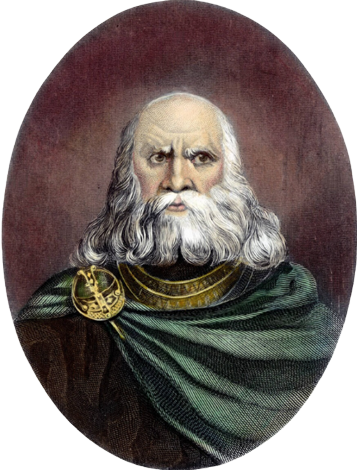
Niall Noigiallach: Niall was also a brave and popular leader of Ireland. He strategized many battles where he dominated opponents. Fame became his fate when he kidnapped the warriors and families of his enemies. These families were not sent back until rivals accepted their defeat.
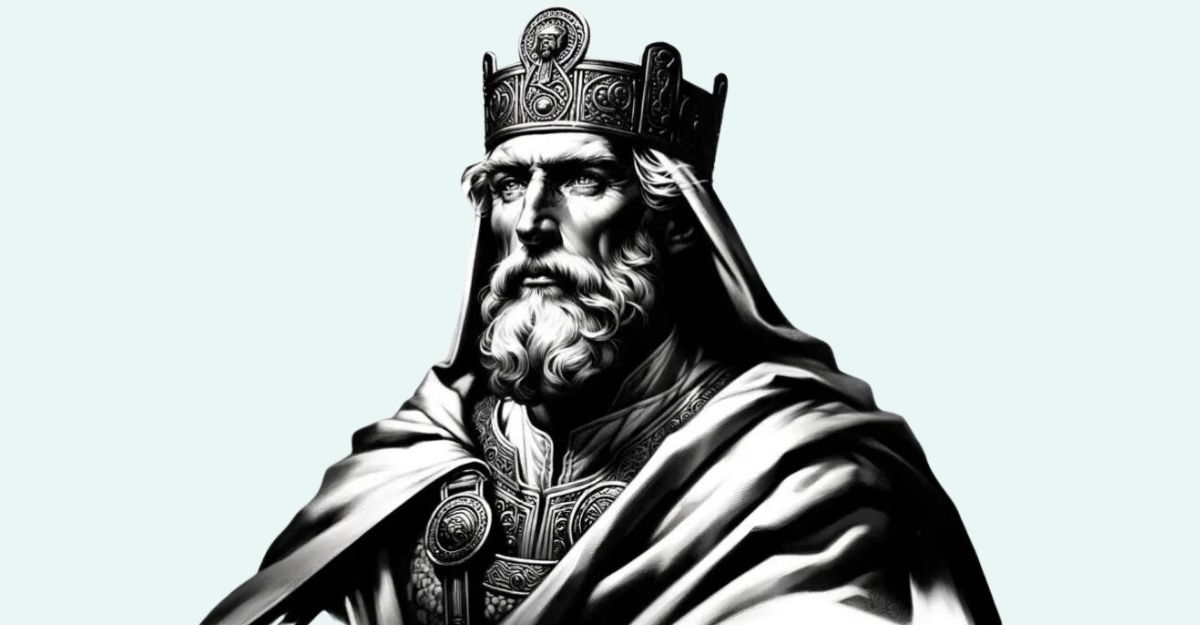
Cormac mac Airt: An Irish king from Gaelic history, Cormac was popular for his generosity and wise decisions. He codified the Brehon Law, an Irish legal system that continued until the 17th century.
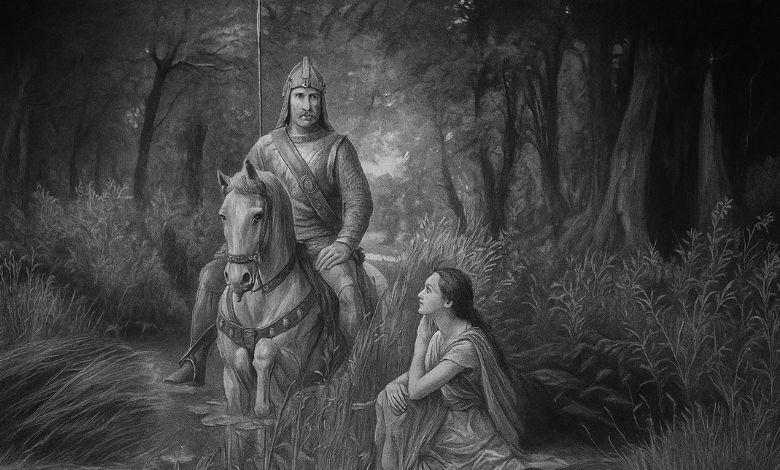
Final Verdict
The High King system was the leading system in Ireland that continued there for centuries. A high king was the leader, as the name reveals, who had symbolic rather than practical roles, but it was quite significant. Every leader had political power, warfare, and military ceremonies, as well as impacted the economies of the country.

